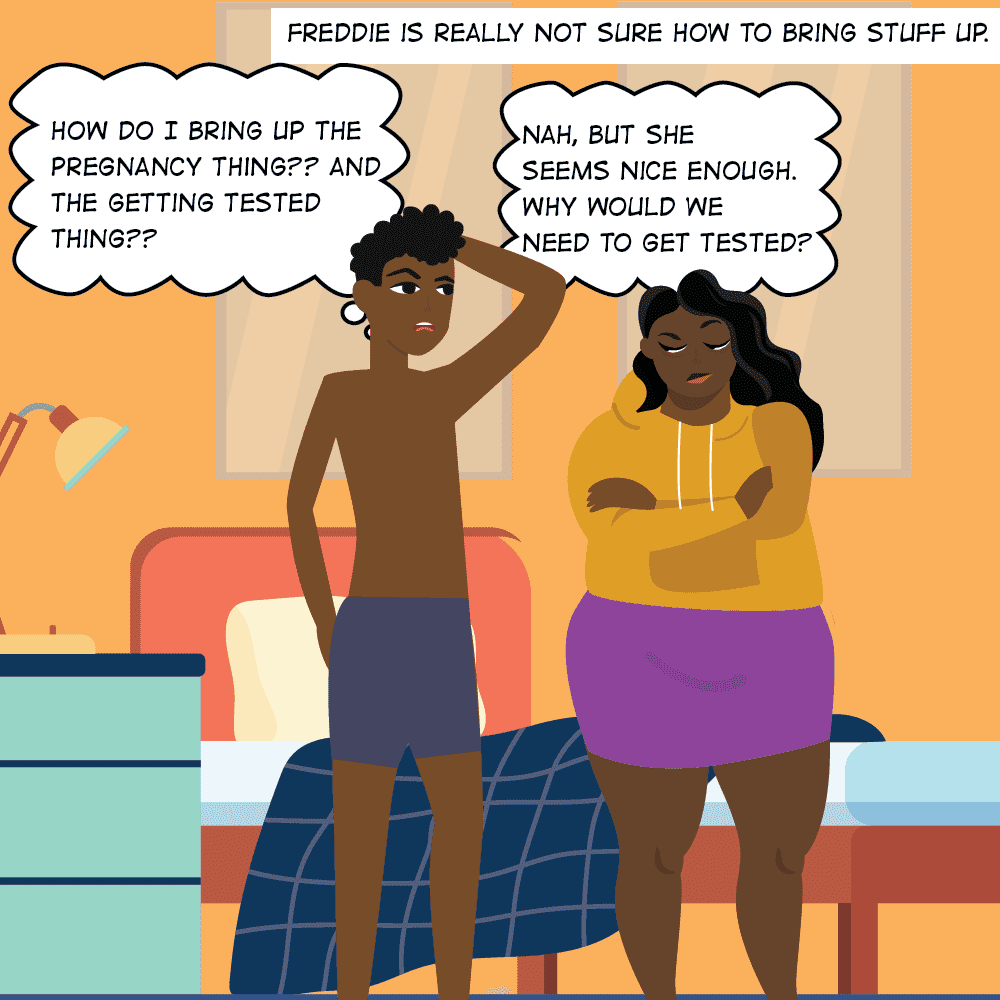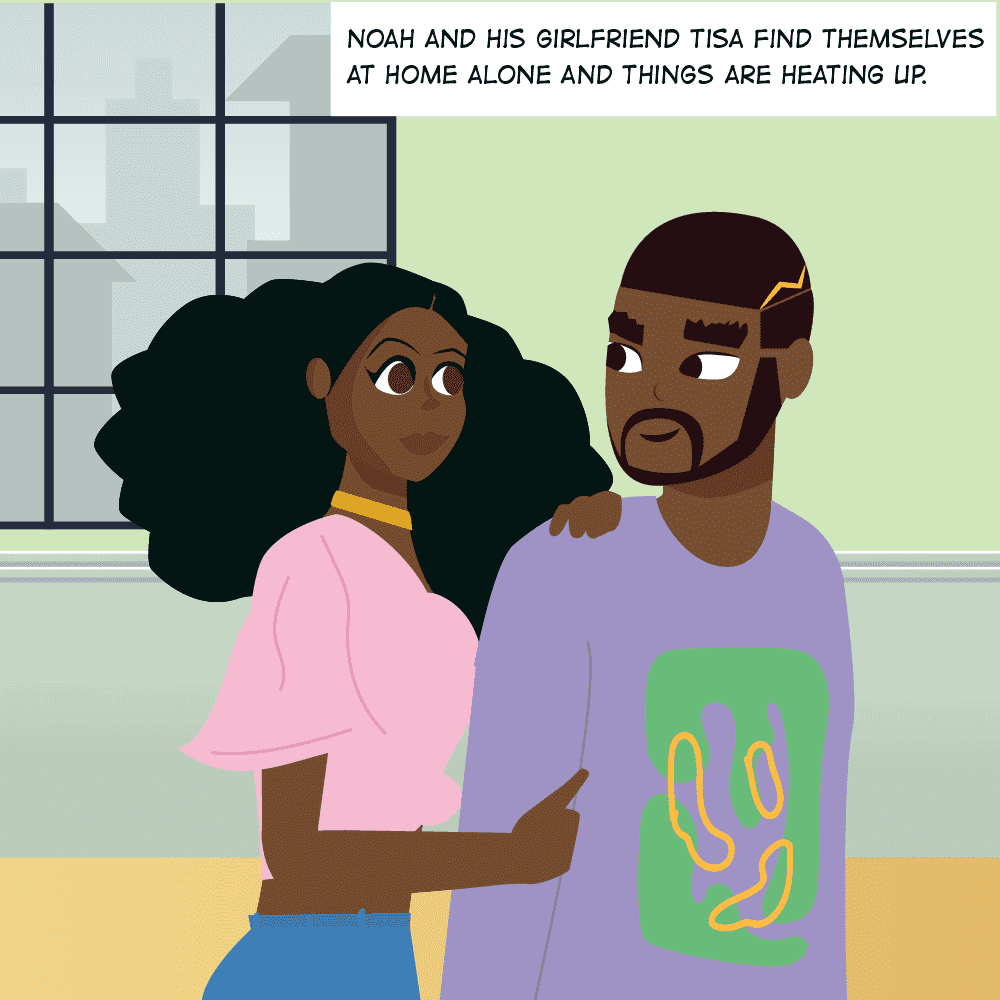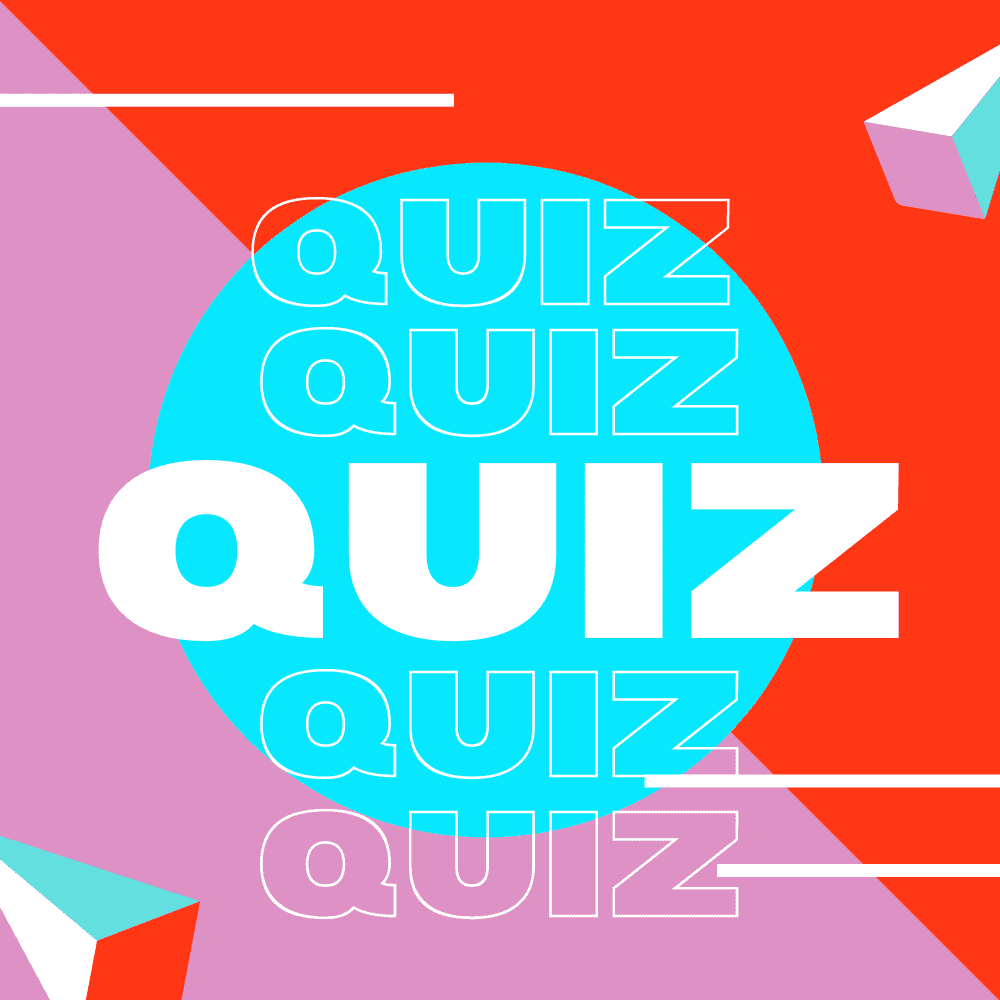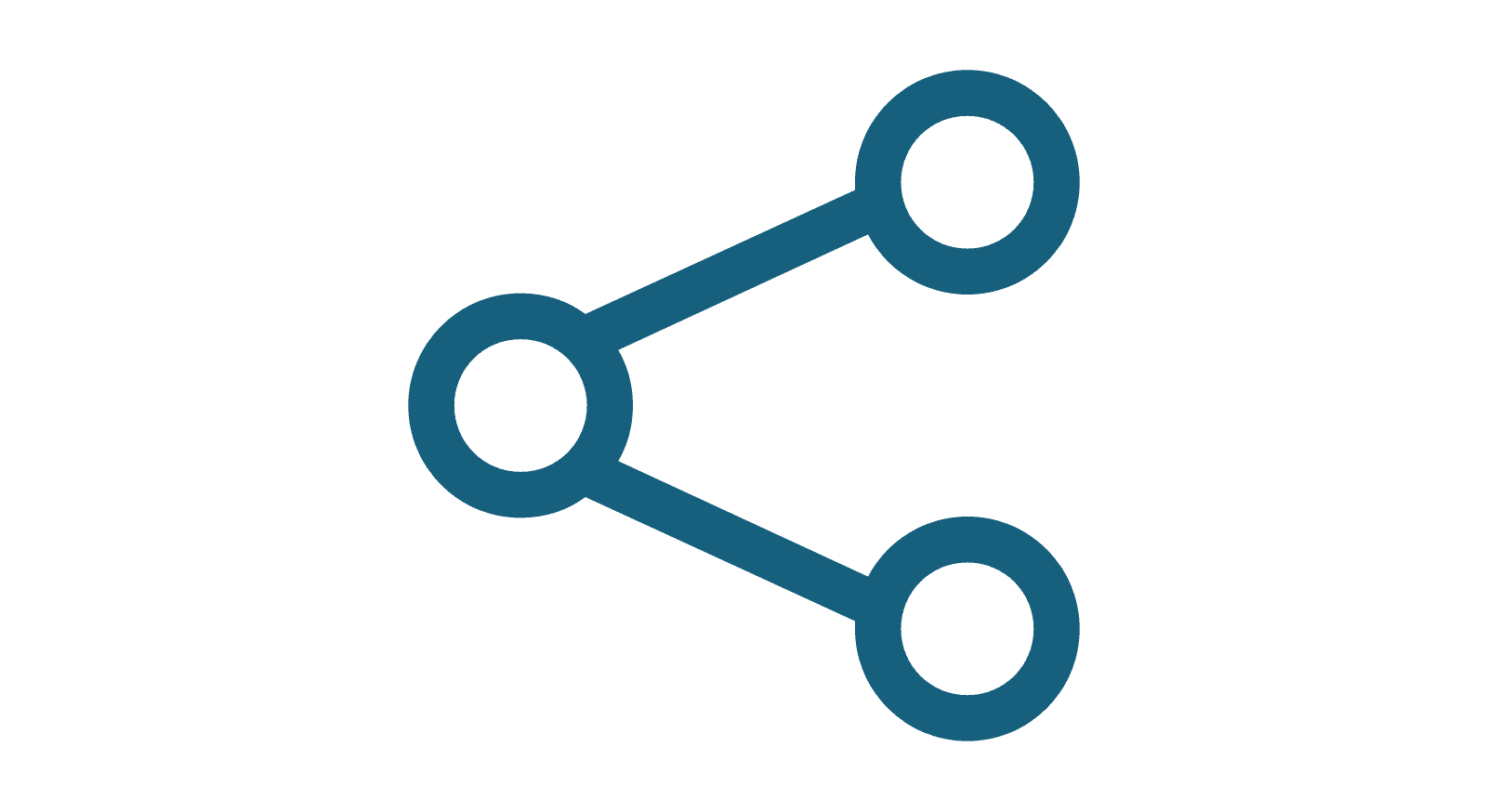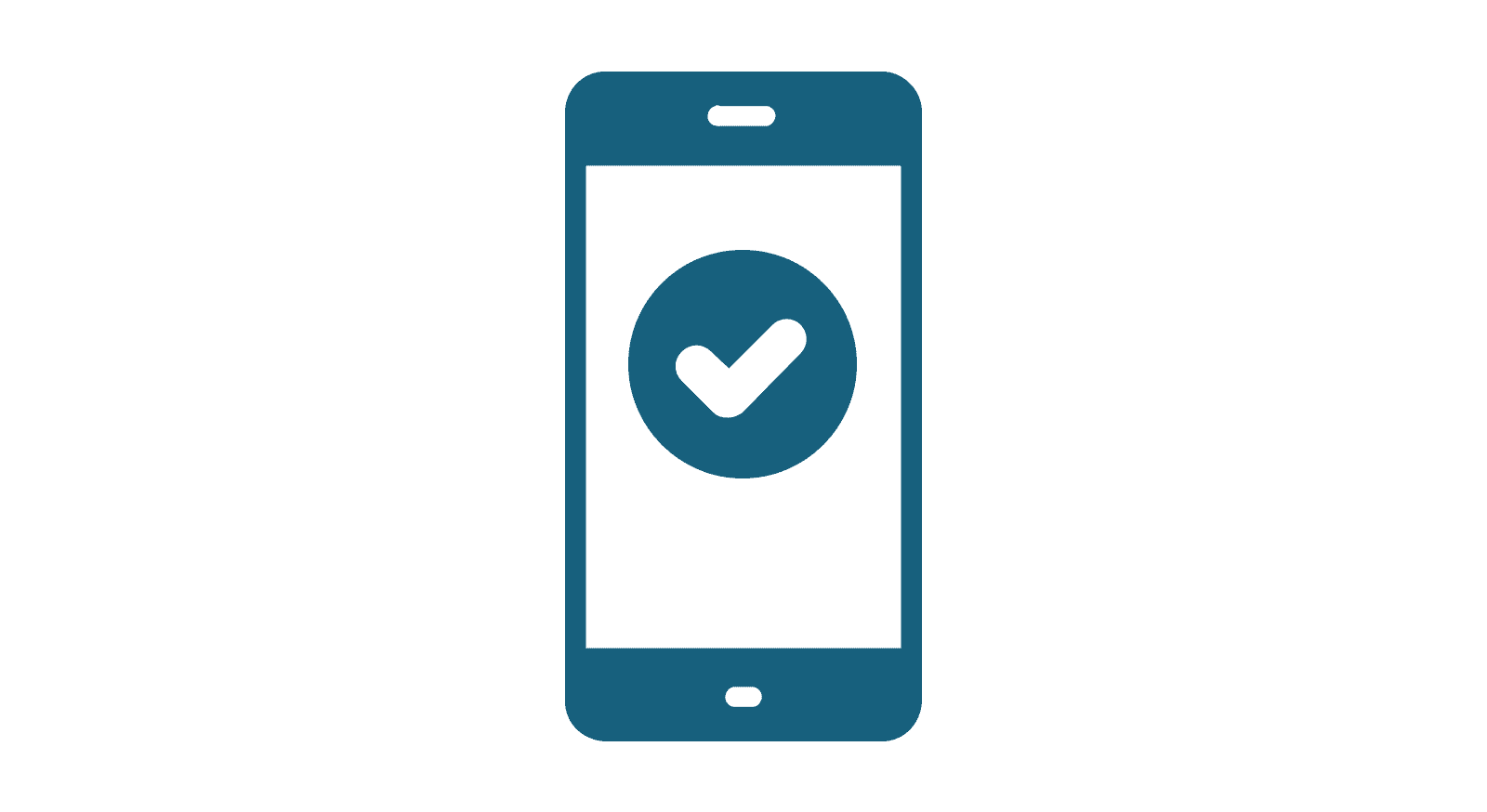Be in the Know Zambia
A story-driven mobile app co-created with young people in Zambia, to increase condom-related knowledge, communication about sexual health, and support healthier choices
A story-driven mobile app co-created with young people in Zambia, to increase condom-related knowledge, communication about sexual health, and support healthier choices
Avert developed Be in the Know Zambia as part of a research project in partnership with CIDRZ (Centre for Infectious Disease Research in Zambia) to understand the potential impact of digital communications on young people’s knowledge and confidence on sexual health.
The project was carried out in three phases:
Character driven with cliff hanger dilemmas to encourage thought and reflection
Anchored in real lived experiences to ensure relevance
Interactive with content that nudges towards planning and action
Designed for social sharing and to start conversations
Be in the Know Zambia was developed as an implementation research project to increase understanding of how digital communications interventions can support sexual health choices and actions in young people in Southern Africa.
Young people in Zambia are highly vulnerable to HIV, and need information and services to increase their knowledge of sexual and reproductive health and provide tools that support better sexual health choices.
Digital health communications has the potential to empower young people with the knowledge, skills and motivation they need to make informed choices that protect their sexual health. However, there is limited evidence on what works, particularly in the Southern Africa context, and whether a digital intervention can have significant impact on young people’s real lives.
I shared it with my boyfriend. I told him that there is this App to go through maybe because there are certain things that I am not comfortable telling him. So after reading on his own definitely he had the idea, was also learning here and there and we talk about protection now.
This project has provided evidence for the impact of digital content on young people’s knowledge and behaviour in the real world.
An independent, large-scale evaluation of Be in the Know Zambia included more than 3,000 participants. The research showed that those using the web app were more likely to score higher for intention to test for HIV and other STIs, and for resisting peer pressure than those in the control group. Users were also 35% more likely to have an increase in condom-related knowledge.
In interviews, Be in the Know Zambia users provided examples of more open communication about sexual health with their partners and peers. Both men and women who participated described how engagement with Be in the Know Zambia led them to consider, adopt, and influence others to adopt healthier behaviours. This included examples of taking up STI/HIV testing because they felt more knowledgeable, motivated, and self-confident.
Photo credit: Corrie Wingate. Photos are used for illustrative purposes. They do not imply health status or behaviour.

